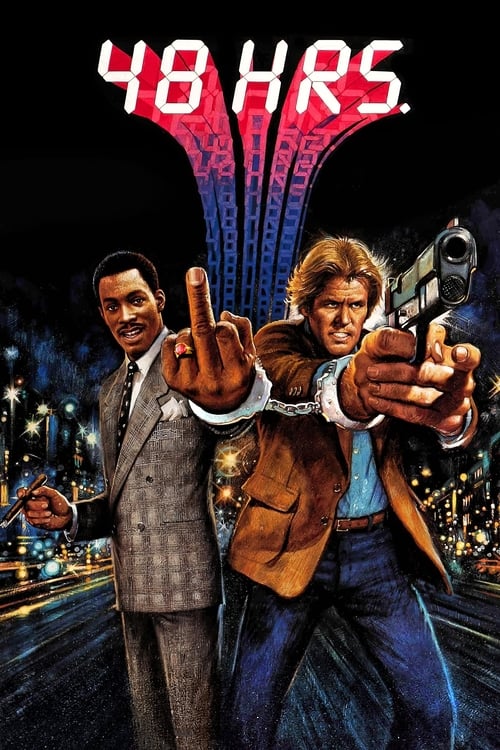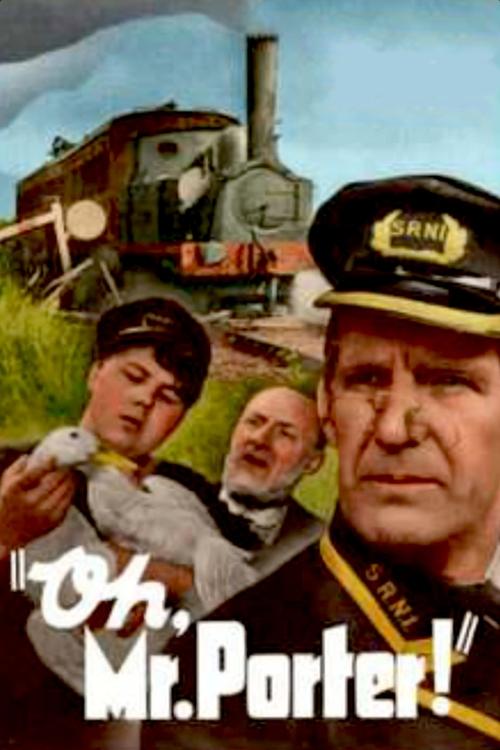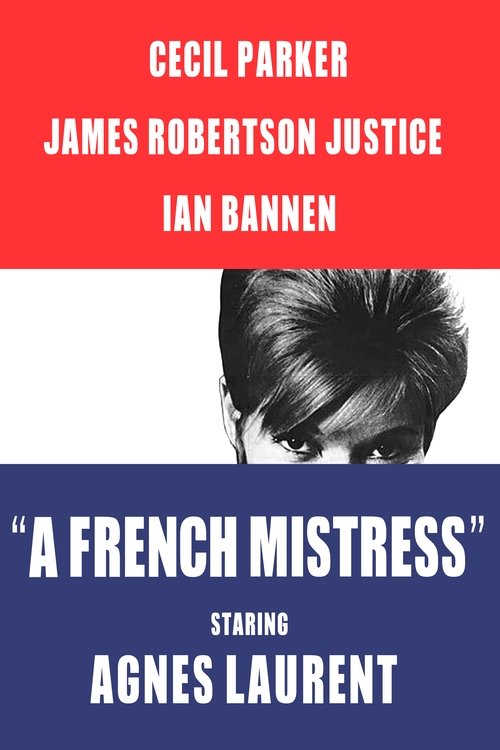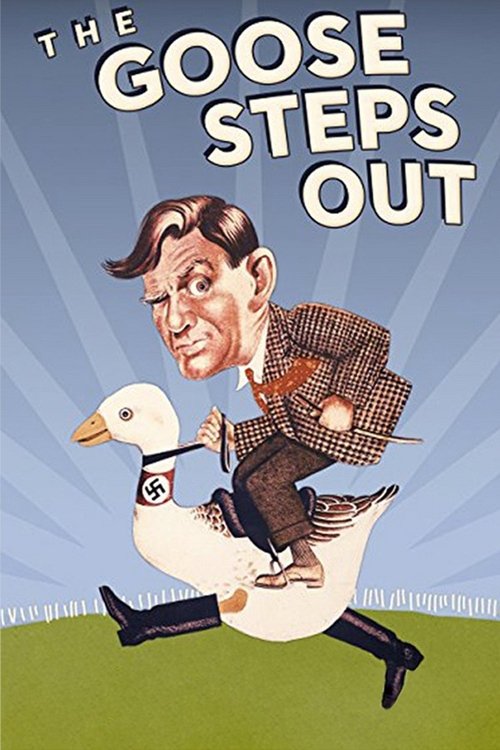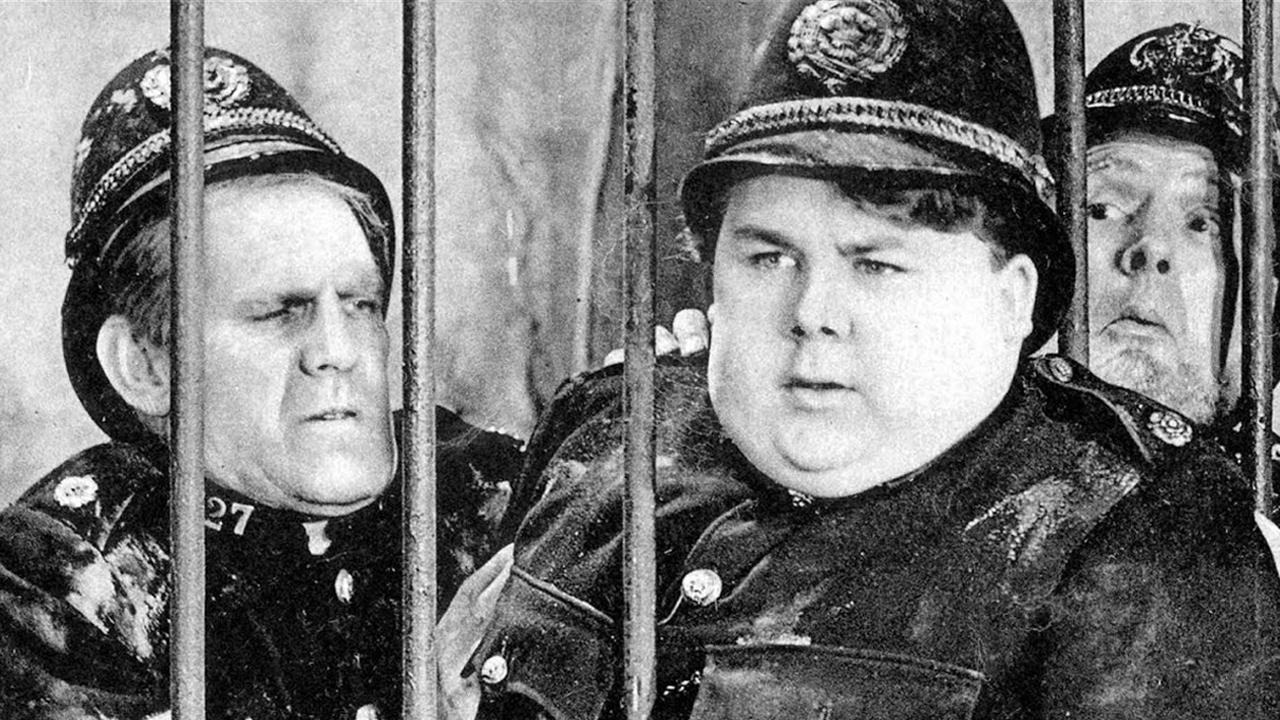
1939
Ask a Policeman
Comedy
8.0
User Score
21 Votes
Status
Released
Language
en
Budget
$0
Production
Gainsborough Pictures
Overview
The mirthful adventures of Police-Sergeant Samuel Dudfoot and his two constables, Albert Brown and Jeremias Harbottle, who stage a fabricated crime-wave to save their jobs---and then find themselves involved in the real thing.
Review

John Chard
10.0
When the tide runs low in the smugglers cove...
Turnbotham Round has no crime, something that becomes common knowledge after a radio programme is broadcast from the village. Upon hearing this broadcast, the top brass at Scotland Yard send word that if there is no crime there, then why employ policemen to police the village? Realising that their good lives are about to come to an end, inept coppers Dudfoot (Will Hay), Brown (Graham Moffatt) and Harbottle (Moore Marriott) set about making some arrests. What they hadn't bargained for was the uncovering of a smuggling ring and the unleashing of the phantom headless horseman.
Much like Will Hay's Good Morning, Boys (1937) followed a similar formula to that of one of his earlier pictures, Boys Will Be Boys (1935), so it be with Ask A Policeman in that it has close links with critics fave, Oh Mr. Porter! (1937). However, that in no way is a bad thing because Ask A Policeman is utter joy from start to finish. In fact I would go so far as to say that the writing is actually better here. With a writing team consisting of Marriott Edgar, Sidney Gilliat, Val Guest and J.O.C. Orton, it's no wonder that the gags come thick and fast and still hold up over 80 years later.
Marcel Varnel once again directs Hay and his blunderingly magnificent sidekicks, Marriott and Moffatt, and each of them are on terrific form as they within a heartbeat lurch from incredulity to stupidity. They are helped by the story and its delightful supernatural set ups. These coppers have been having it easy for so long they have forgotten just what it takes to be a copper. More content with bending the rules for an easy life (note some nice satire in the writing), these guys are suddenly faced with the supernatural and actual real crime. Something they are delightfully unable to properly cope with. From trying to set up a roadside speeding arrest to an attempt at solving an ancient smugglers rhyme, Ask A Policeman, courtesy of an across the board team on fire, is to my mind one of the greatest British films of all time. So pay attention to the jokes and admire the visual comedy that goes with them, and then hopefully you too will appreciate just what genius Hay and his cohorts brought to British comedy between 1936 to 1940. 10/10
Read More 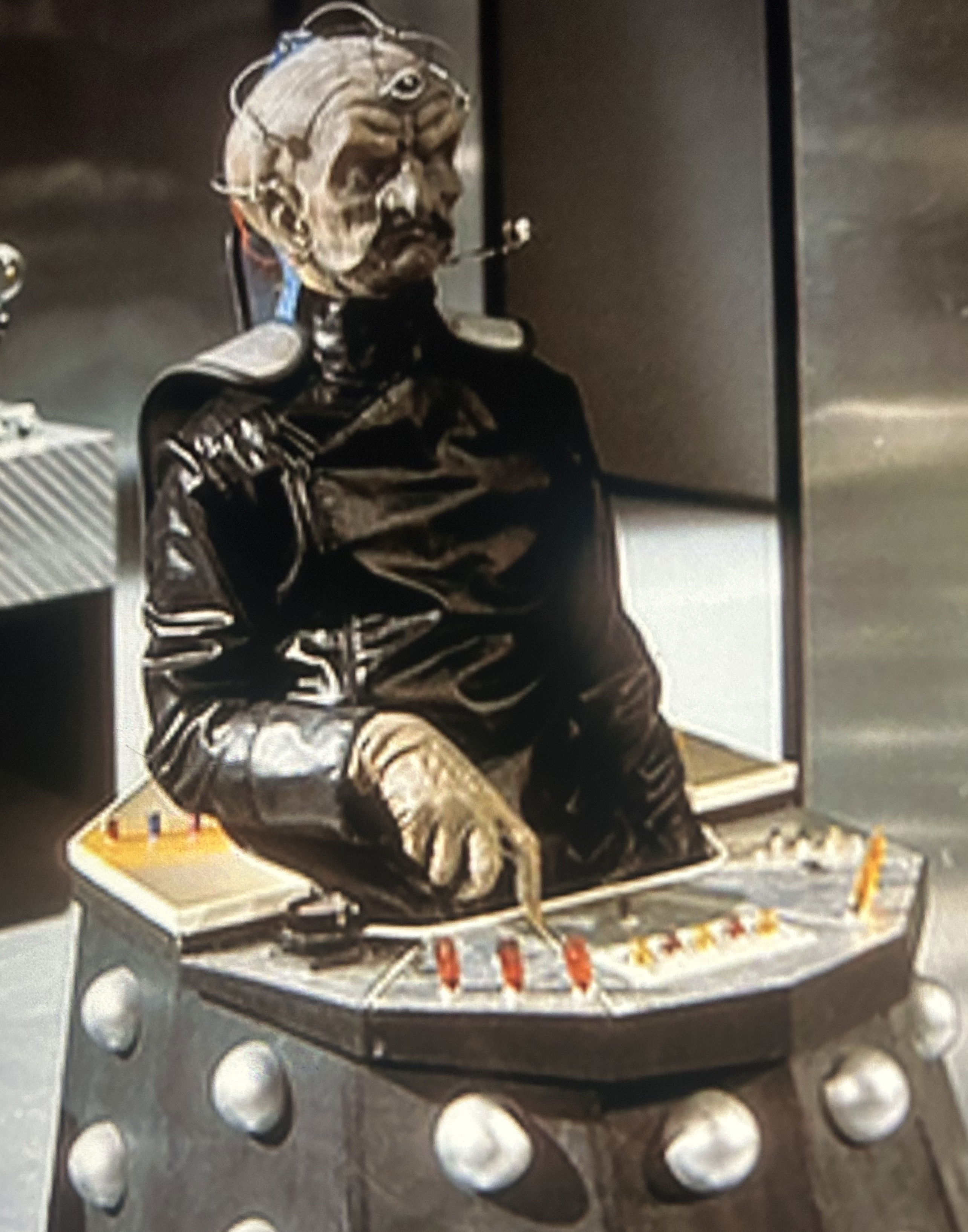
Geronimo1967
7.0
This is possibly my favourite outing for Will Hay, with this time a strong supporting cast to help him along with this daft adventure caper. He is "Sgt. Dudfoot" who along with "Albert" (Graham Moffatt) and "Harbottle" (Moore Marriot) have recently been on the radio from their crime-free village. They didn't quite think it through, though, as soon they realise that they might well have talked themselves out of a job. Solution? Well let's invent some crimes! That they do with, as you'd expect, comical results. Thing is, some real criminals are taking advantage of these hapless buffoons and smuggling barrels of booze from right under their noses. Can they get a grip on things, apprehend those varmints and save their posts? Moore Marriott 's engaging "Harbottle" could easily have been the model for Wilfred Brambles' later characterisation of "Steptoe" and together with his two cohorts and with some creative input from Marcel Varnel and Sidney Gilliat we end up with an enjoyable eighty minutes of typically British humour. It has traces of slapstick, but it is essentially the quickly-paced patter and the fun dynamic between the three that keeps this moving well and entertainingly. Sure, some of the jokes were probably corny even then, but if you enter into the spirit of it, then I think you will enjoy it.
Read More 